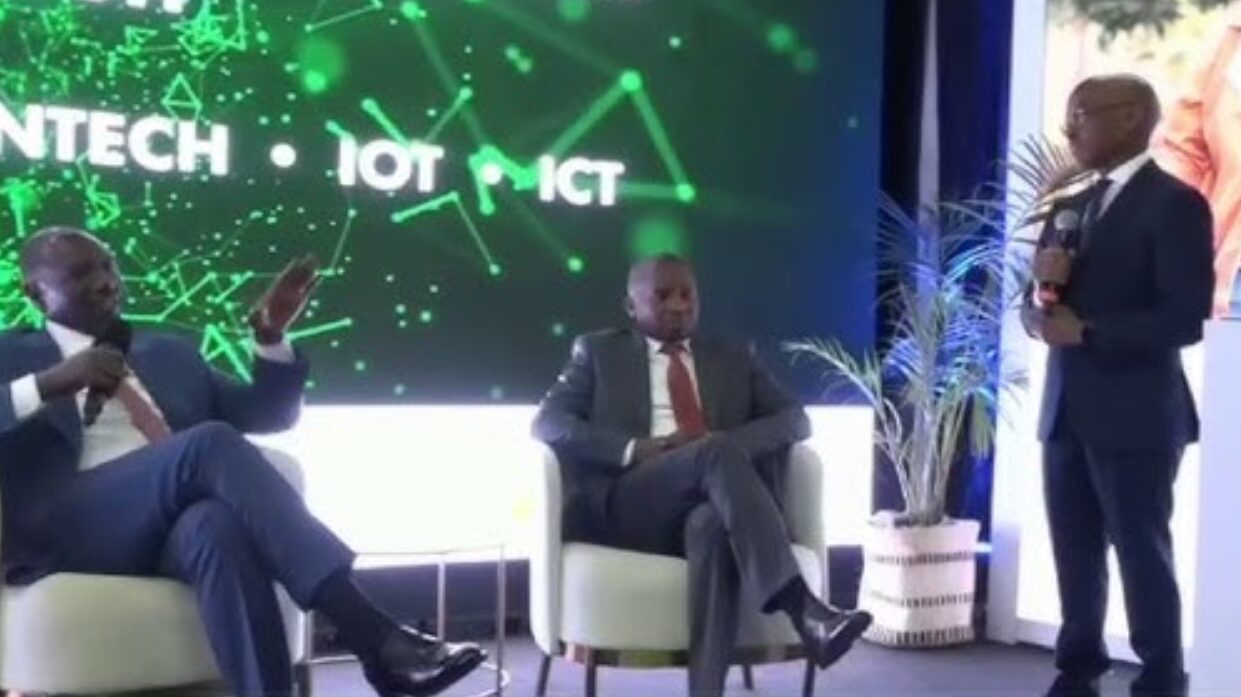Kenya plans to expand digital commerce by enabling payments for online advertising via mobile money, a move aimed at improving access for content creators and small businesses.
President William Ruto announced that during his upcoming visit to New York for the 80th session of the United Nations General Assembly in September, he will push global technology firms to integrate M-PESA into their advertising platforms.

Currently, purchasing adverts on platforms such as Google and YouTube requires credit or debit cards, which excludes many small and medium enterprises and individual creators who lack access to formal banking.
Allowing payments through M-PESA would remove these barriers, streamlining transactions and broadening participation in the digital economy.
Speaking at the State Concert of the 97th Kenya Music Festival in Nyeri on August 16, President Ruto described the proposal as a dual opportunity to benefit Kenyan creators and expand digital commerce.
“I will ask Google to enable Kenyans to purchase adverts via M-PESA.
This change will benefit both creatives and MSMEs selling their products online, creating a win-win situation for Kenya and for YouTube, which will enjoy more transactions on its platform,” he said.
The president also indicated plans to pursue similar collaborations with other global technology firms.
One such initiative would integrate M-PESA into Facebook’s payment system, allowing creators to receive payouts more quickly and efficiently.
These measures build on earlier efforts that brought Kenya into a select group of African countries whose creators can monetize original content on Facebook, a privilege the country lacked at the start of Ruto’s tenure in August 2022.
The broader government strategy is to expand Kenya’s digital economy by improving access, inclusivity, and revenue opportunities for creators.
By enabling mobile money payments for advertising, more content creators and small enterprises will be able to invest in online promotion, which in turn could increase engagement, visibility, and earnings.
Digital advertising remains a growing sector for both local businesses and international platforms, with online promotion offering measurable returns and targeting capabilities that traditional media cannot match.
Analysts note that mobile money integration could serve as a catalyst for accelerating participation in digital advertising among previously excluded segments, particularly in countries where card penetration remains low.
President Ruto has directed all ministries, departments, and agencies to prioritise digital advertising as a means to strengthen local content creation.
He pointed out the multiplier effect of online promotion, explaining that increased advertising translates into higher visibility for creatives and more revenue streams for enterprises operating across multiple sectors.
“The more we advertise online, the higher our content is weighted, and the more our creatives will earn. We have no excuse not to advertise online,” the president said, framing the policy as both a market-driven and developmental intervention.
The proposal is also expected to enhance the business case for global platforms operating in Kenya.
By opening M-PESA as a payment method, companies like Google and Facebook would expand the pool of paying advertisers, while local businesses gain simpler and faster access to marketing tools.
Observers suggest that such integration could set a precedent for other African markets with strong mobile money penetration, creating a model for inclusive digital commerce.
The UN General Assembly session, scheduled to open on September 9, 2025, will provide a platform for Kenya to present these proposals directly to the leadership of major technology firms.
Success could signal a notable shift in the accessibility of digital advertising for small businesses and content creators, and demonstrate the role of mobile money in bridging financial gaps in the online economy.
Kenyan Business Feed is the top Kenyan Business Blog. We share news from Kenya and across the region. To contact us with any alert, please email us to [email protected]













